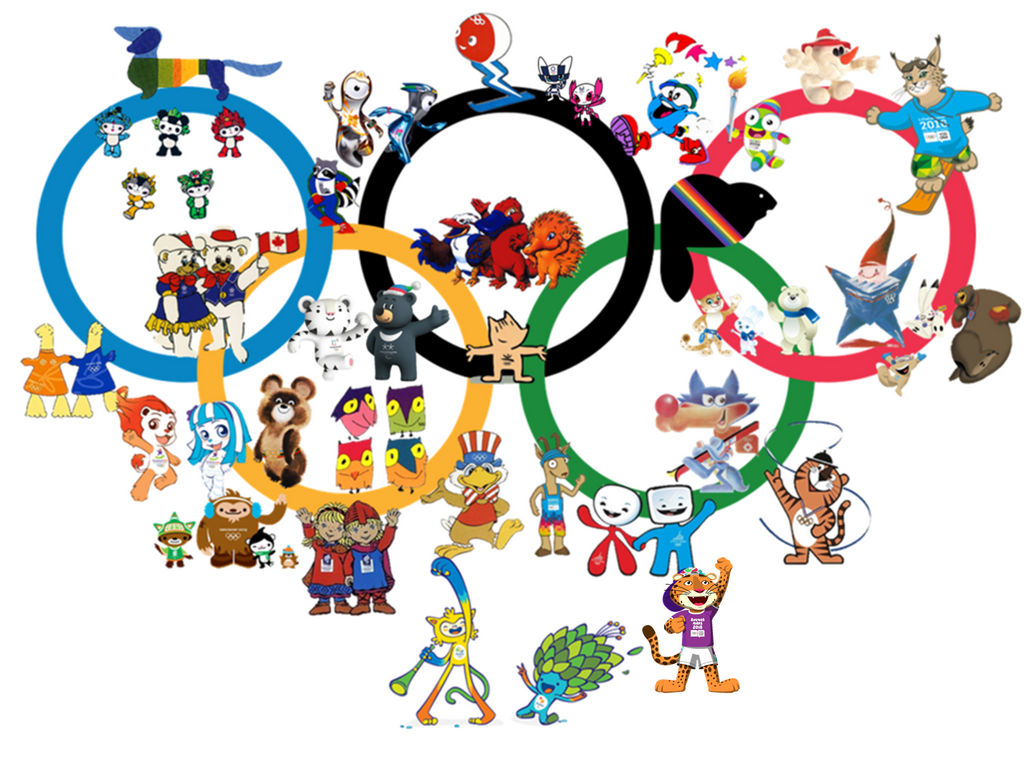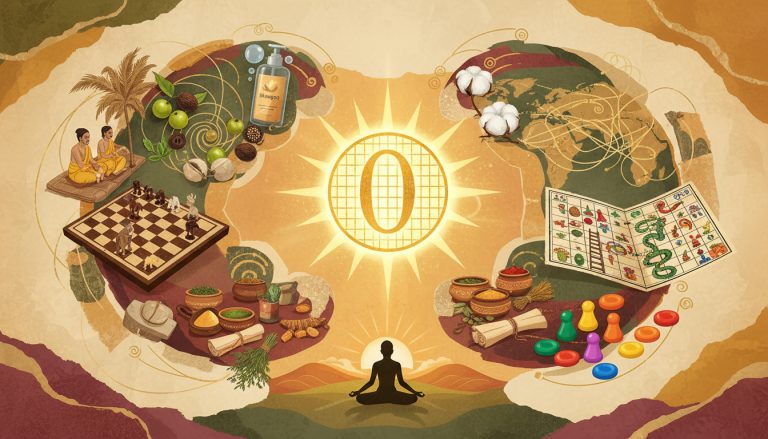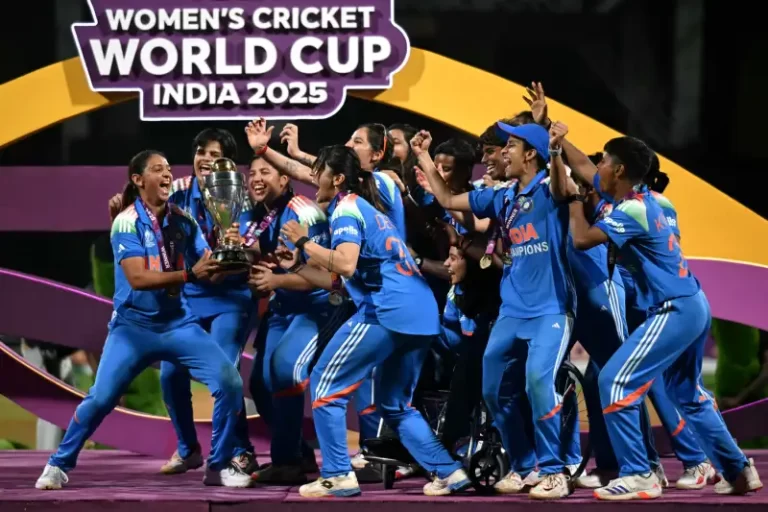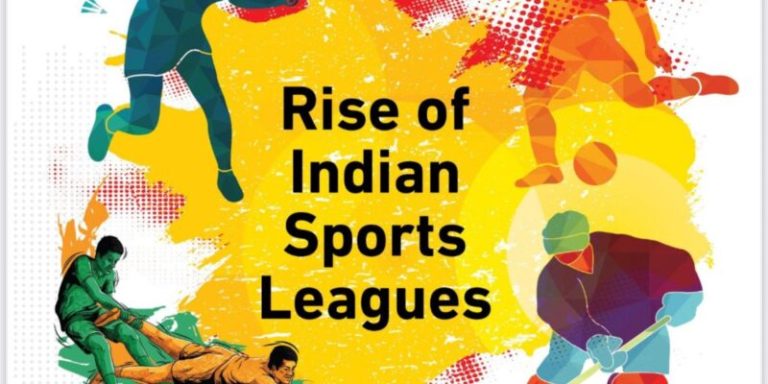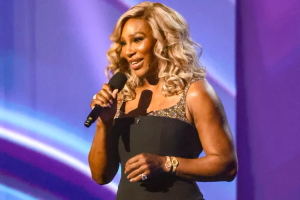With the 2024 Summer Olympics in Paris approaching, it’s a great time to look back at the history of Olympic mascots. These mascots have become beloved symbols of the games, embodying the spirit and culture of each host city while spreading joy among spectators worldwide.
From their inception, Olympic mascots have been more than just promotional tools; they represent the essence of the Olympic movement, capturing the hearts of fans, young and old. Each mascot has its own unique story, reflecting the values, traditions, and aspirations of the host nation.
As we gear up for the excitement of Paris 2024, let’s take a nostalgic journey through the history of Olympic mascots and explore the charming characters that have graced the games over the years.
List of Olympic Mascots
Munich 1972: Waldi
A colorful dachshund representing endurance, agility, and tenacity. Waldi was the first official Olympic mascot and symbolized international unity with the colors of the Olympic rings.
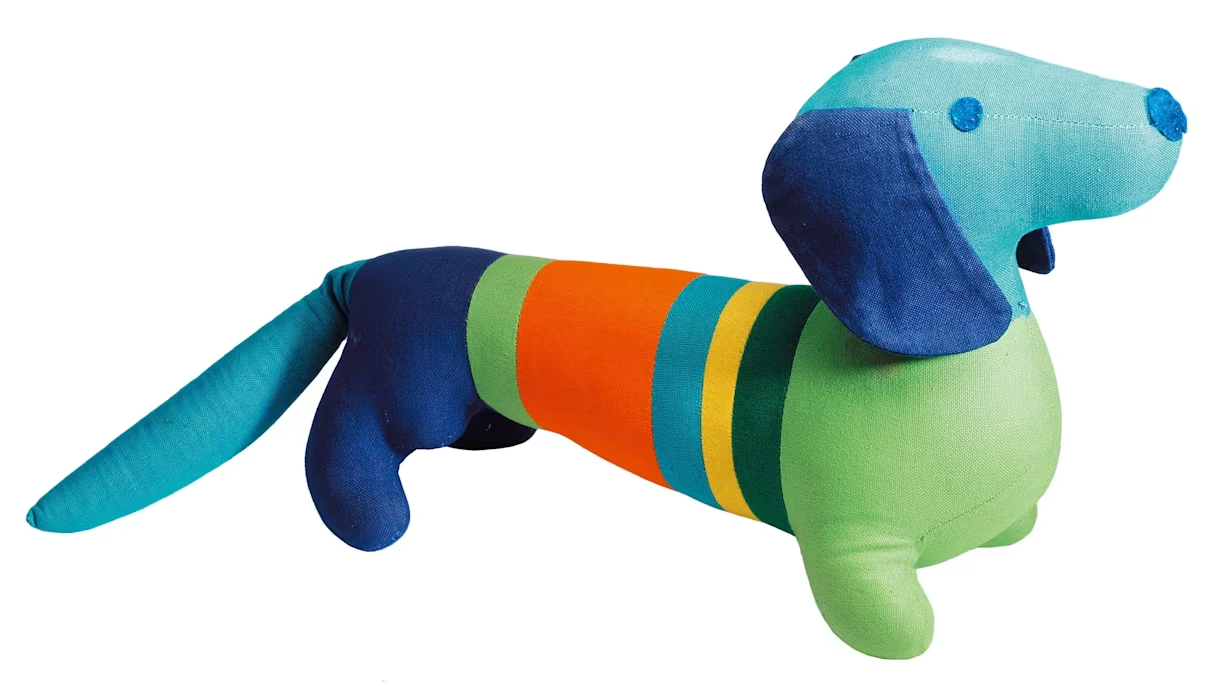
Montreal 1976: Amik
A beaver named Amik, representing hard work and perseverance. The name means “beaver” in the Algonquin language, and Amik wore a red sash symbolizing the Olympic spirit.
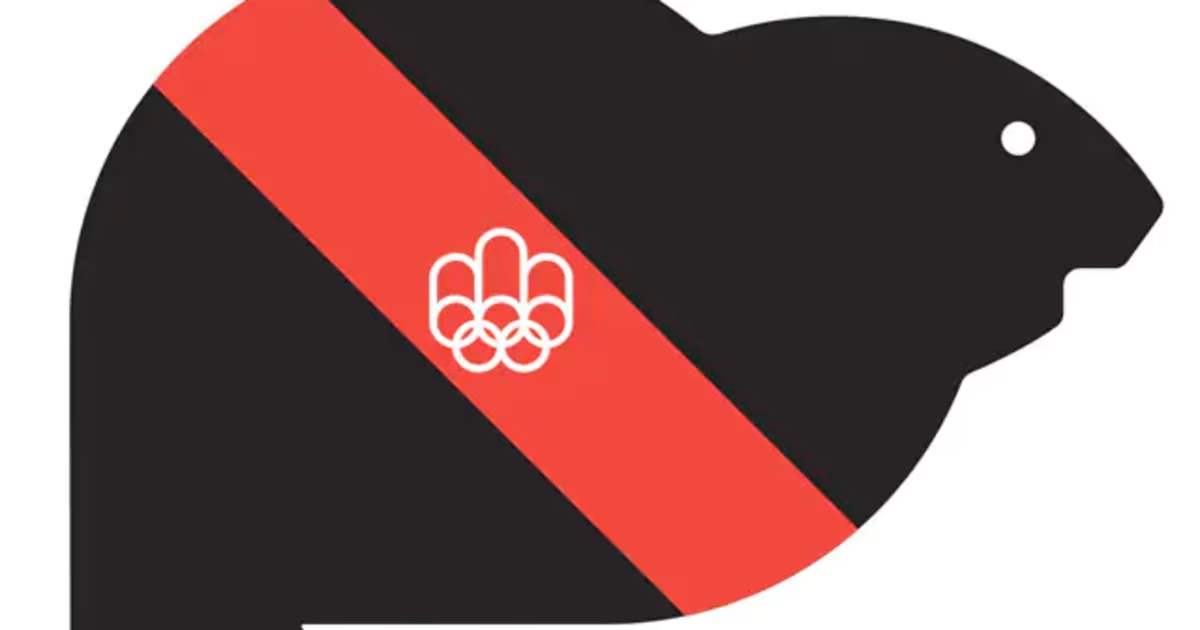
Moscow 1980: Misha
A brown bear designed by Viktor Chizhikov. Misha became an international icon with a friendly demeanor, helping to soften political tensions during the games.
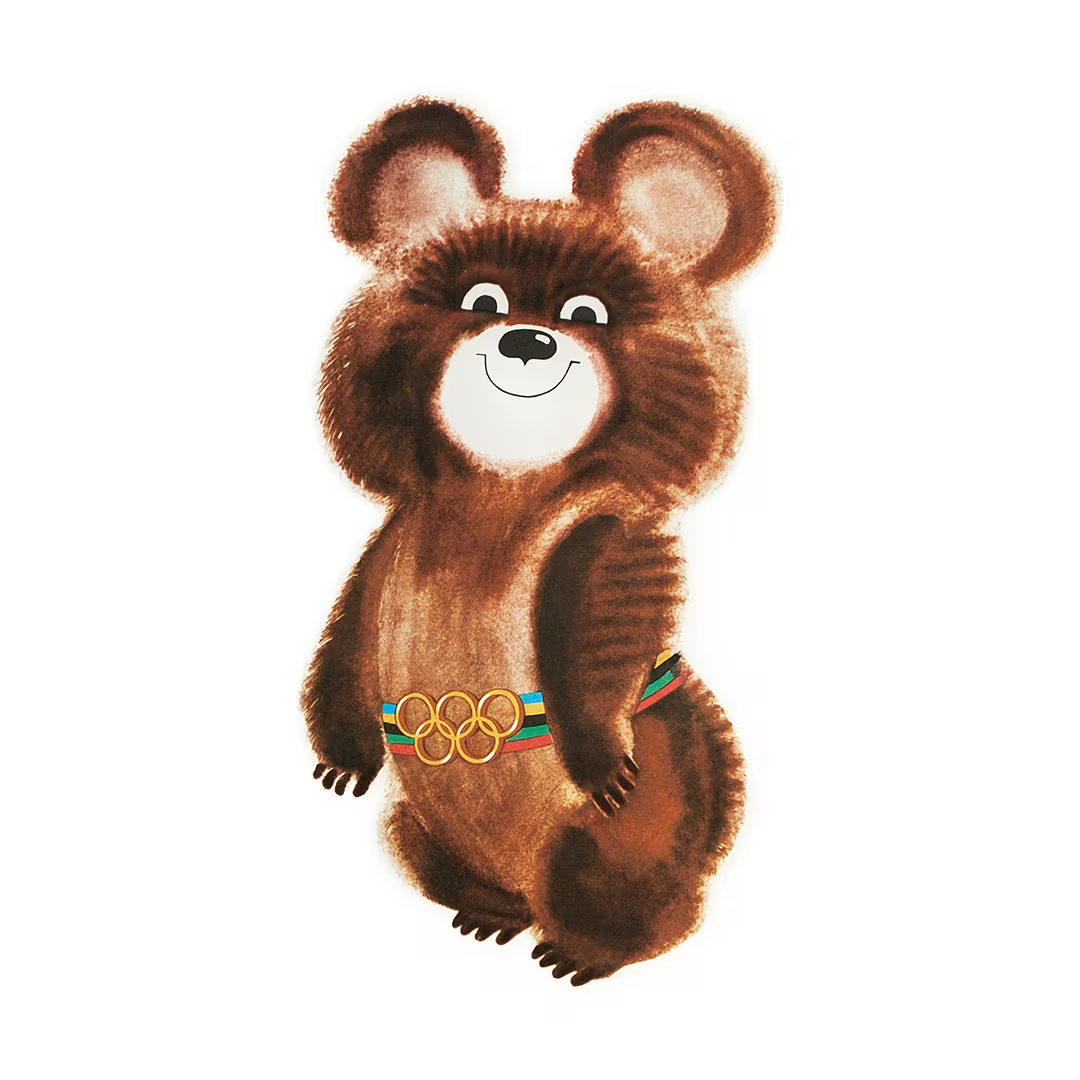
Los Angeles 1984: Sam
A bald eagle named Sam, designed by Disney animator Bob Moore. Sam represented American patriotism and pride with elements of Uncle Sam in his design.
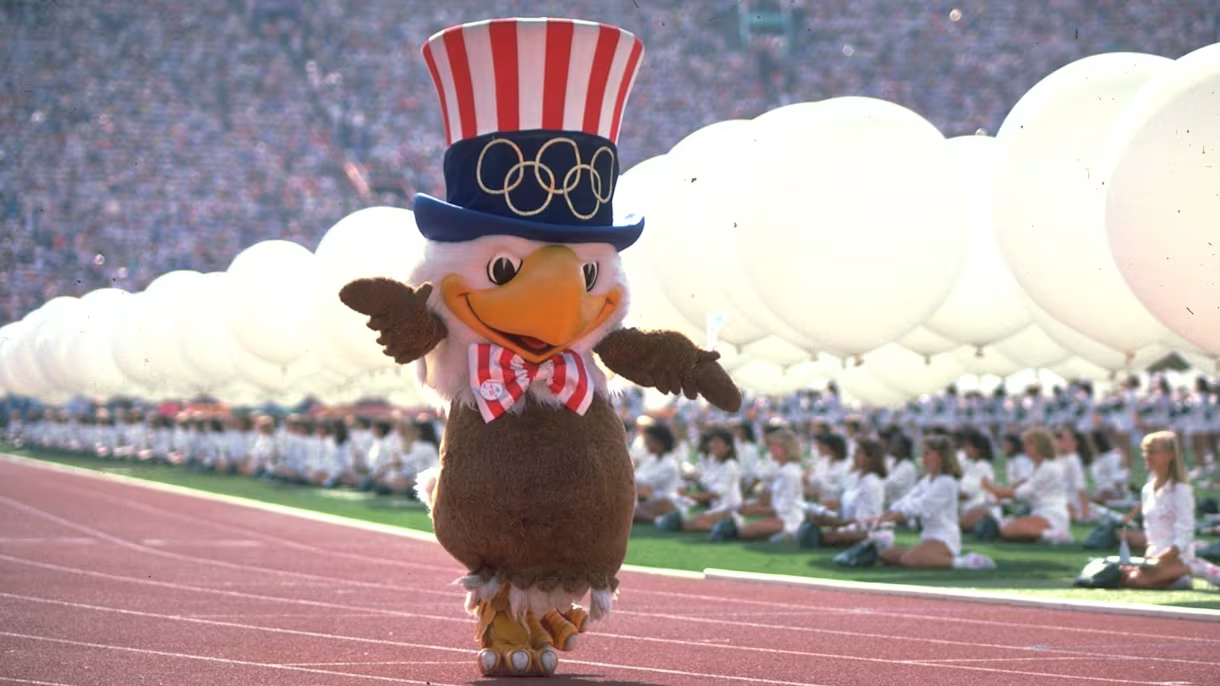
Seoul 1988: Hodori
A friendly tiger symbolizing courage and power. Hodori wore a traditional Korean hat and aimed to convey the hospitality of the Korean people.
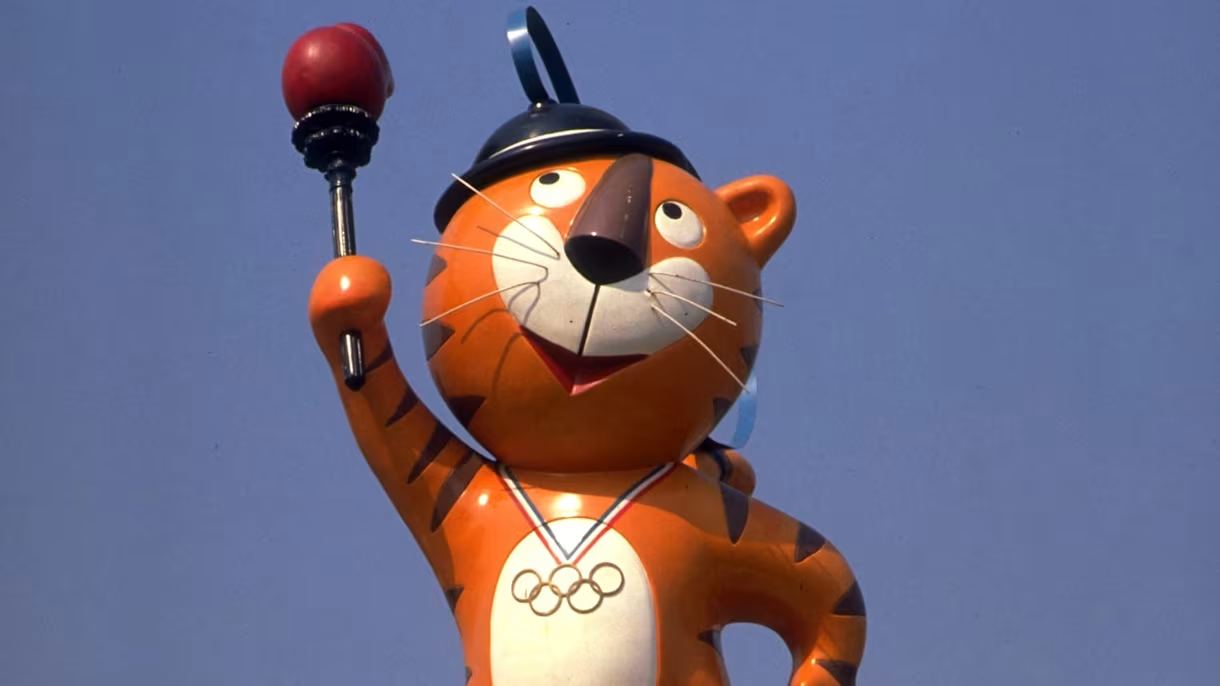
Barcelona 1992: Cobi
An abstract dog designed by Javier Mariscal. Cobi’s unconventional design represented the creativity and modernity of Barcelona.
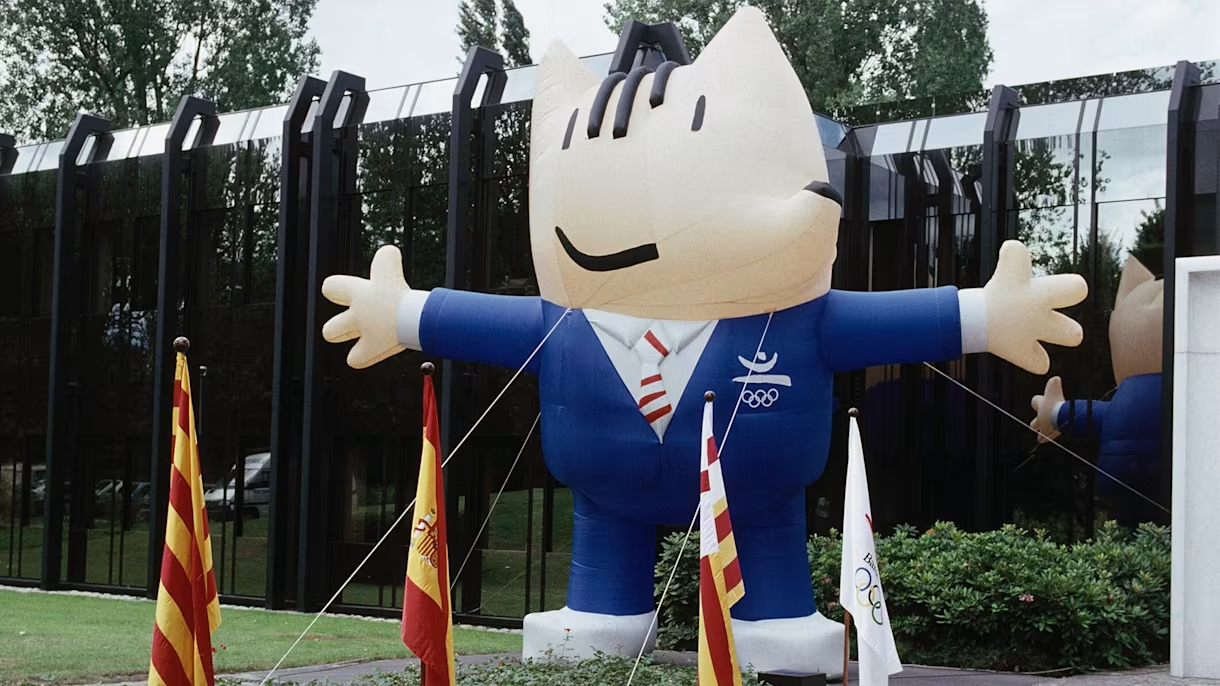
Atlanta 1996: Izzy
An abstract and futuristic character was originally named “Whatizit.” Izzy symbolized the digital age and the forward-thinking spirit of the Olympics.
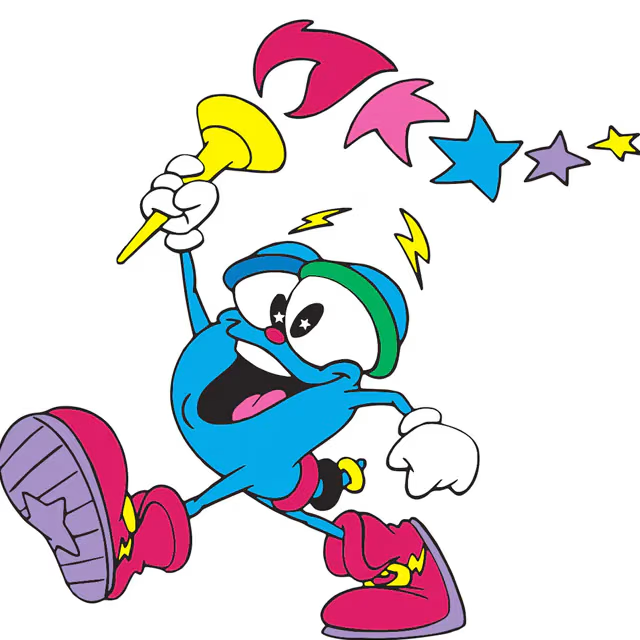
Sydney 2000: Syd, Millie, and Olly
Three mascots representing the land, water, and air. Syd the platypus, Millie the echidna, and Olly the kookaburra symbolized the unity and diversity of the games.
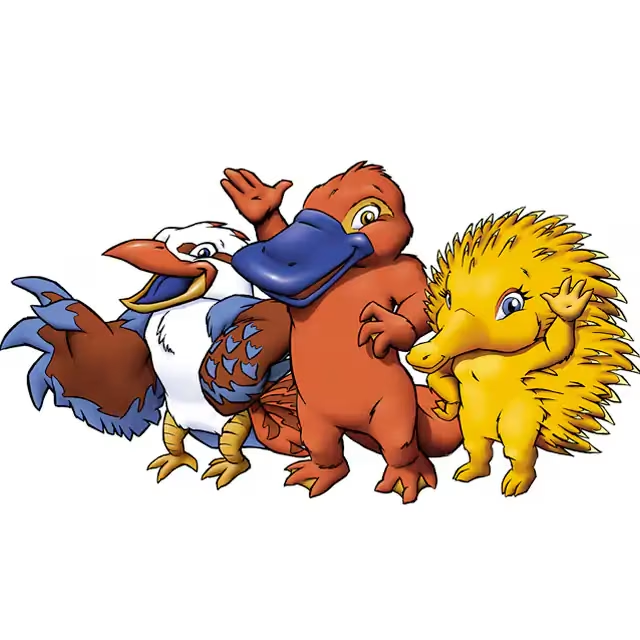
Athens 2004: Athena and Phevos
Sibling mascots named after Greek gods, representing the ancient heritage and modern spirit of the Olympic Games.
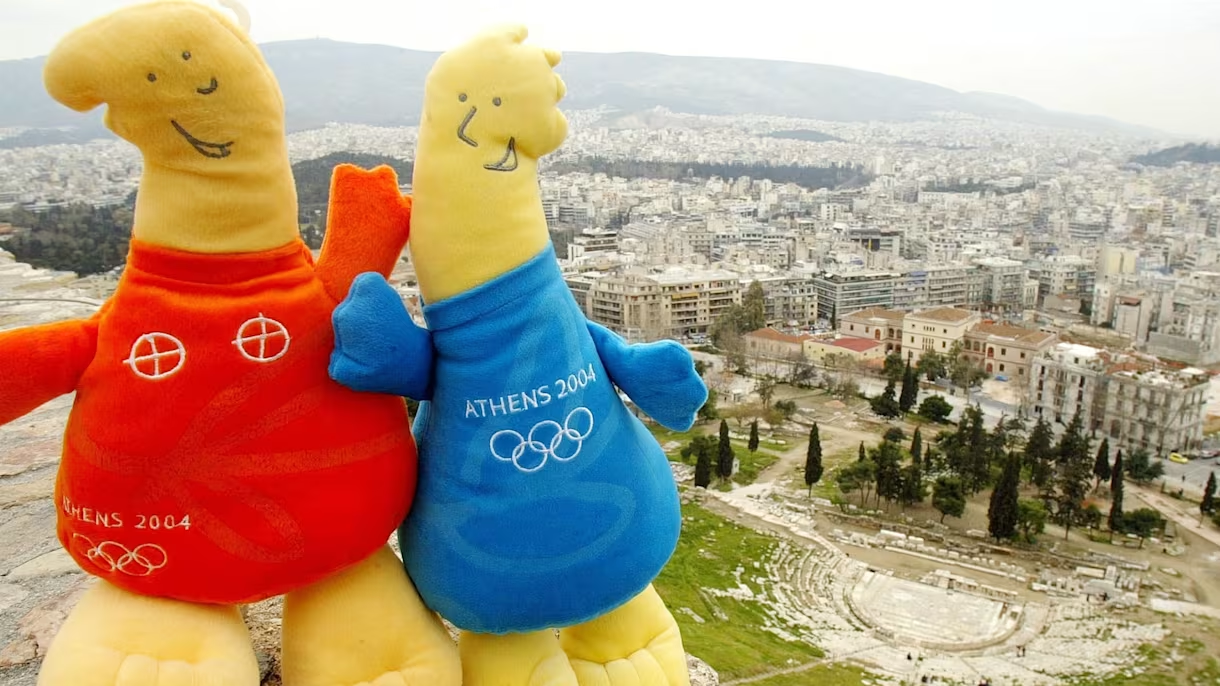
Beijing 2008: Fuwa
Five mascots representing the colors of the Olympic rings and different elements of Chinese culture. Each Fuwa promoted harmony and friendship.
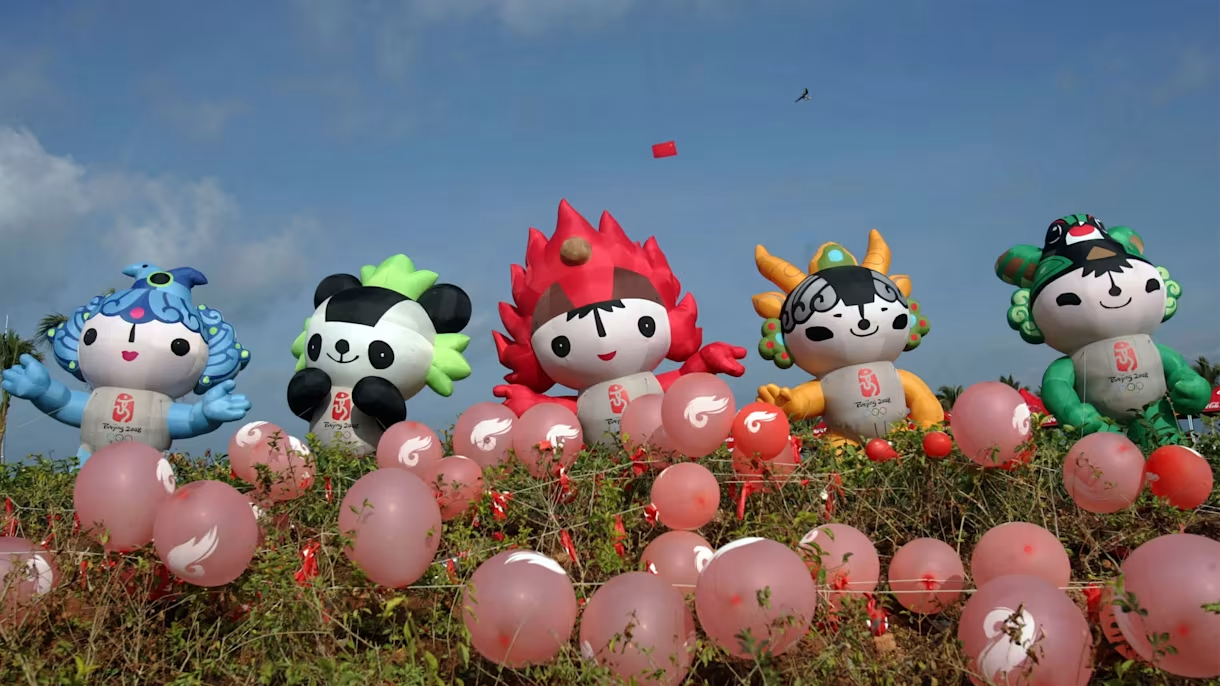
London 2012: Wenlock and Mandeville
Futuristic characters named after British towns. They symbolized the city’s rich industrial history and aimed to inspire young people to participate in sports.
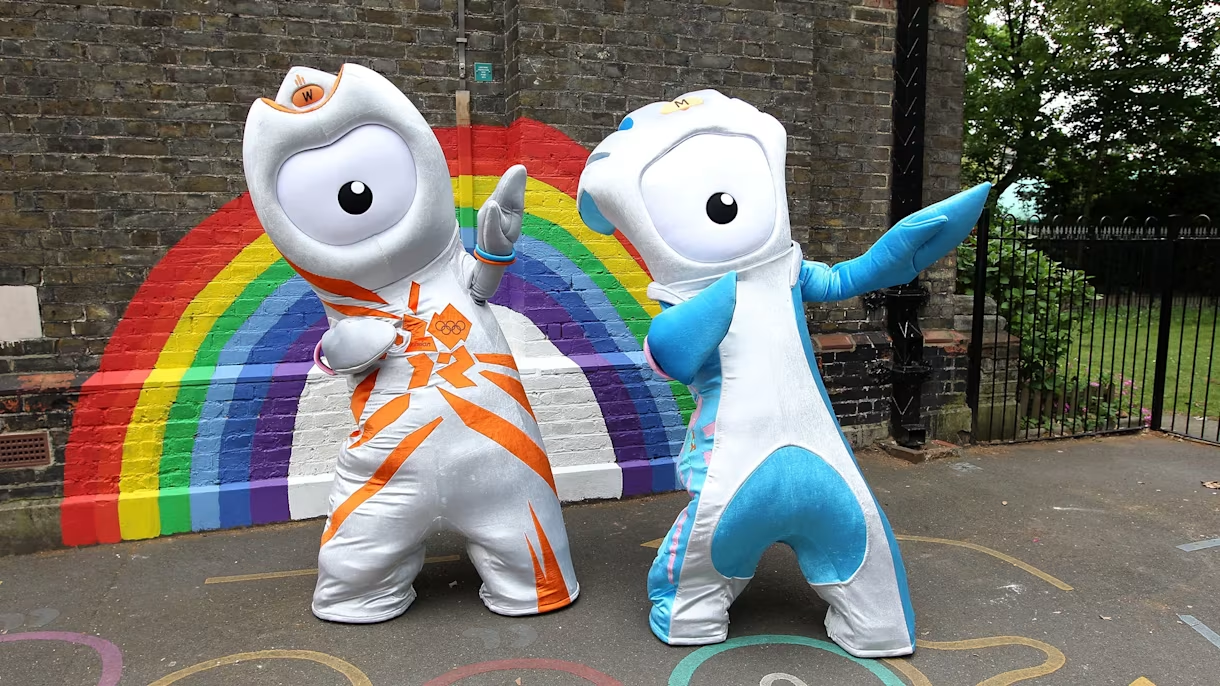
Rio 2016: Vinicius and Tom
Vinicius represented Brazilian wildlife, and Tom symbolized the rich flora of Brazil. They embodied the vibrant and diverse nature of the country.
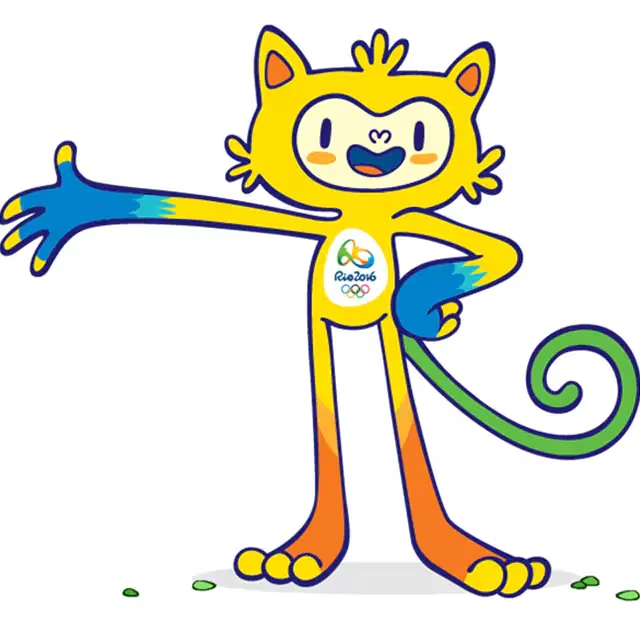
Tokyo 2020: Miraitowa and Someity
Miraitowa, representing tradition and innovation, and Someity, symbolizing resilience and strength, were chosen by Japanese schoolchildren. They highlighted Japan’s technological advancements and cultural heritage.
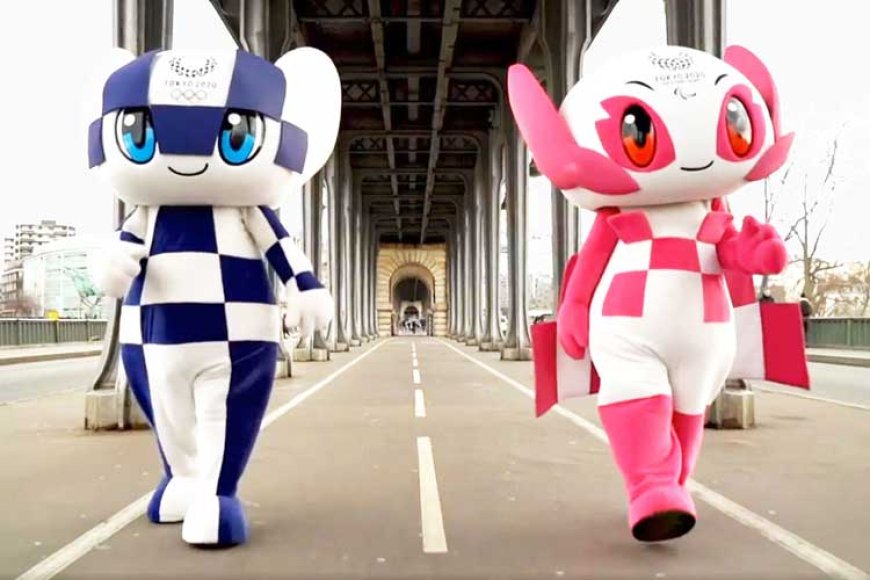
Beijing 2022: Bing Dwen Dwen
Ice-carved panda in an astronaut suit. Bing Dwen Dwen’s name combines “ice” and a term of endearment for children, symbolizing technology and space travel.
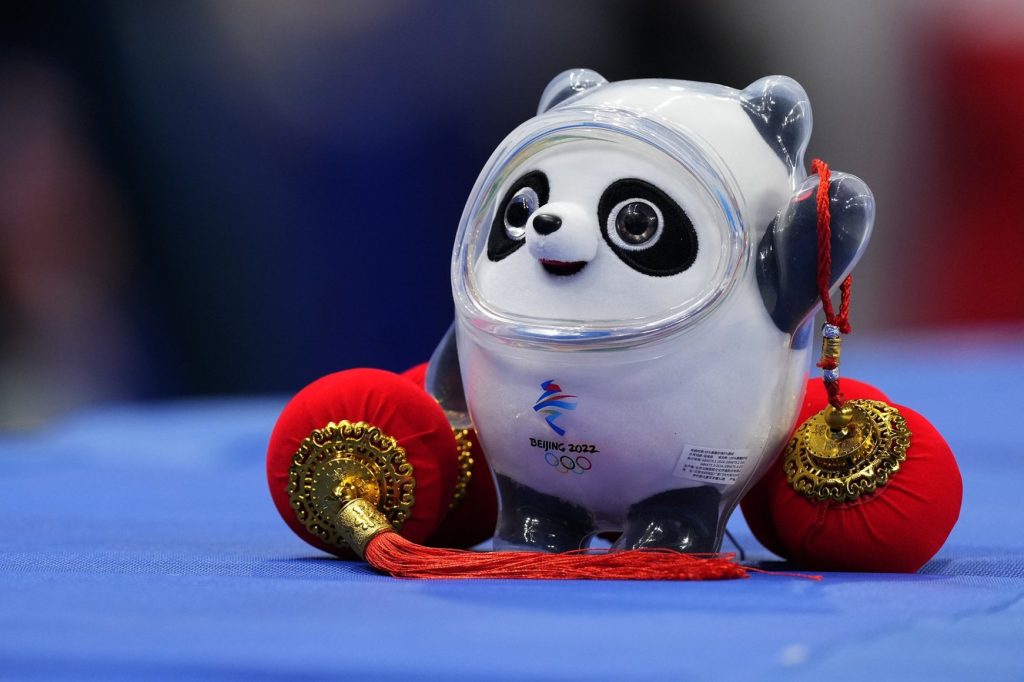
Paris 2024: The Phryges
These are mascots inspired by hats worn during the French Revolution. They are dressed in France’s national colors, which symbolize freedom and the values of the French people.
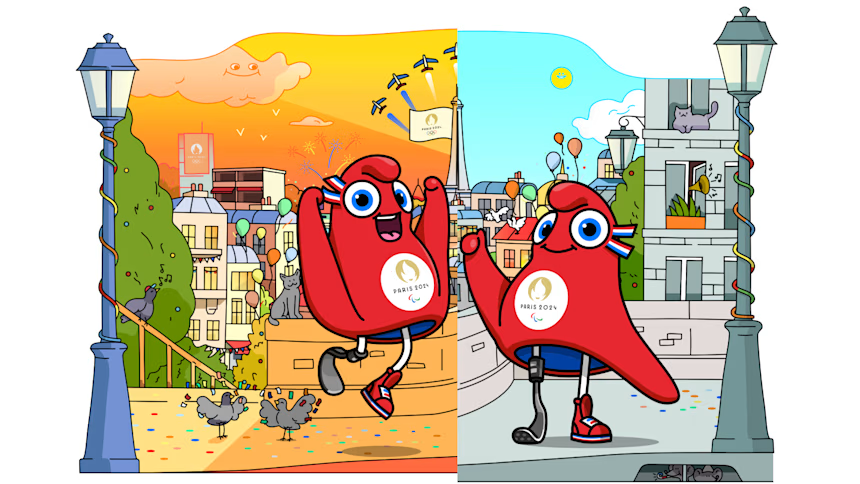
As we look forward to the Paris 2024 Summer Olympics, it’s fascinating to see how mascots have evolved over the years, each telling a unique story about their host city and culture.
These mascots not only add charm and personality to the games but also serve as symbols of the Olympic spirit, promoting unity, friendship, and excellence around the world. The Phryges, the latest mascots, continue this tradition with their meaningful representation of French culture and history.
Mark your calendars for the 2024 Paris Olympics, and get ready to welcome the Phryges to the rich legacy of Olympic mascots.

